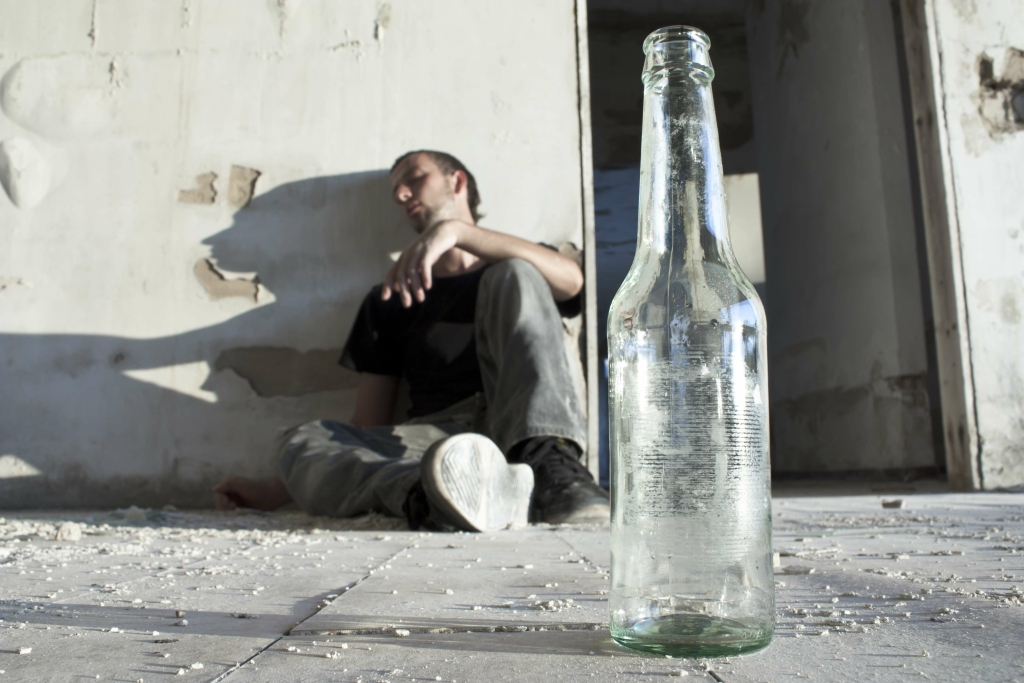Content
At Recovery Centers of America, we’ve created programs and specialized services to meet the needs of each patient. These programs and services are led by a group of medical professionals who use their expertise and knowledge to guide patients towards recovery. As a part of our full continuum of care, these programs and services are available both in residential treatment and long-term recovery. Residential or inpatient rehab provides a structured environment where patients can immerse themselves in recovery from substance use and addiction with the help of expert professionals. In the process of active addiction, people suffering from substance use disorder lose material possessions, relationships with people, and other things that were once very important to them. Drug addiction often changes a person’s behavior, which affects all aspects of his or her life, including work and relationships.
- When you drink heavily over a long period of time, the brain tries to adapt.
- Most rehabs offer financial aid, accept insurance or have financing options.
- Once the detox process is completed, the individual can live in residential treatment on-site in a substance-free location, typically for 30 to 90 days.
One of the more common treatment experiences includes completing an inpatient detox either at a local hospital or at a treatment center. Then, once the detoxification is completed, the individual transfers to a residential program at the facility or is referred to a local facility. Here, they often complete up to 30 days or longer of treatment, working on goals created with their medical team.
Twelve-step programs
Many psychologists call this methodology “individualized treatment.” To learn more about your individualized treatment options, call San Antonio Recovery Center today. McLean Hospital offers highly-acclaimed professional education and resources for a wide range of mental health care professionals. Our fully accredited programming supports continuing education with a focus on improving patient care. Understanding the available treatment options—from behavioral therapies and medications to mutual-support groups—is the first step. The important thing is to remain engaged in whatever method you choose.
But, we’ll break down the steps and answer some frequently asked questions to make you better understand what to expect in rehab. Rehab is not a vacation but it can be fun and can provide a chance for you to make new friends for a lifetime in addition to being a healing process. Finally, you may have to seek assistance from Top 5 Questions to Ask Yourself When Choosing Sober House centers if you suffer from withdrawal symptoms when you can’t drink. If you are looking for an alcohol rehab for you or a loved one, you may feel overwhelmed.
How Does Rehab For Alcohol Addiction Work?
Are you seeking alcoholism treatment for yourself or a loved one struggling with alcoholism? Do you have a spouse, child, relative or friend who you suspect struggles with alcohol abuse? Alcohol rehab can help people ready to address their substance use disorder. We have Intensive Outpatient Programs (IOP) and outpatient locations throughout New Jersey in Bergen, Monmouth, Middlesex, Ocean and Somerset counties. Many of our hospitals treat dual-diagnosis patients in New Jersey for individuals with both mental health and substance use disorder diagnoses. When a rehab center for alcohol abuse contains these elements and a personalized approach, you or your loved one will have the best chance of recovering from alcohol addiction.

Once the detox process is completed, the individual can live in residential treatment on-site in a substance-free location, typically for 30 to 90 days. Here they will learn more about recovery principles and receive proper care from psychiatric professionals, therapists, and other medical providers. Don’t detox on your own as an option for alcohol addiction treatment.

